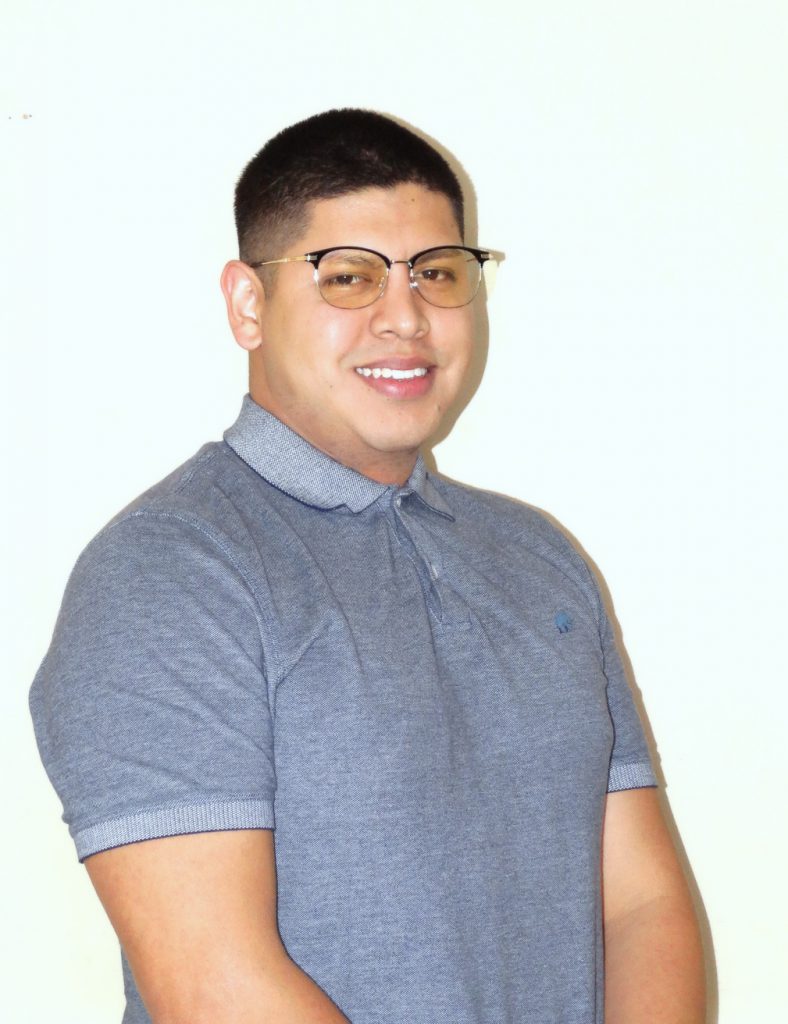
Alonso Galvan is an undergraduate earning a B.S in psychology and a minor in developmental psychology at the Institute of Child Development. Galvan is conducting research through the McNair Scholars program—a federally funded, graduate school preparation and research program for students who are of low income, first generation college, and underrepresented backgrounds. Galvan’s McNair Scholar research aims to develop a remote way of using a classic paradigm due to COVID-19. Galvan is working on his research with ICD Director and Professor Kathleen Thomas.
What is your year in school and major?
I am a senior on track to earn a B.S. in psychology in the Spring of 2021.
Why did you decide to apply to the McNair Scholars fellowship program?
I decided to join McNair upon listening to the director explain what the goal of the program was. I realized there was a lot to gain from being a McNair scholar like working on a research project, working with a group of students from diverse backgrounds, and working on my graduate school application. Joining a research lab and preparing for graduate school are both things that are not clearly explained as part of the college experience, especially being a first-gen college student.
Can you tell me about the topic of your research project and how you decided on it?
Although the topic of my project had already been decided and the study was in effect, I was able to contribute with my own viewpoints. The aim is to develop a remote way of using a classic paradigm due to COVID-19. I incorporated my own discussion to include the possible use of this new version to reach underserved populations and provide an equal opportunity for this tool to be used with them.
What, if anything, has surprised you about your work with McNair Scholars and on your project?
I was surprised the most seeing one another’s poster presentations when I realized how much work is being put forth by scholars in an effort to expose, interpret, and effect systemic change to issues of ethnic and racial injustices in American institutions. The fact that I saw much support from other students and faculty gave me the confidence to continue focusing on similar topics within the realm of psychological literature.
What has been the most challenging about your research experience?
The most difficult experience was having to structure my schedule around important due dates and deadlines when given the flexibility to work independently. It gave me a sense of what it may be like in grad school where one has to meet deadlines without being given a timeline for when the components that will make up the final product are due along the way. I had to adjust to making my own timeline and abiding by it.
How do you plan to use what you’ve learned from being on your project?
The concept of empathy is very important to keep in mind when working in a lab. I think it is important for the student to think about the different tasks at hand that a mentor may have and the mentor can be mindful of the situations of their students. This way, both can learn to interpret and accommodate each other while keeping expectations clear. I learned that this is the smoothest way to achieve a positive and productive work-flow in the lab.
What would you like other undergraduates, especially undergraduates from underrepresented populations, to know about participating in research?
I would like to remind all undergrads that it is ok if they don’t know or understand the way to get into a research lab. The best they can do is keep asking questions to teachers, staff, and students. I would not have come this far if it wasn’t for the questions I have asked about how or where to look for resources. To those peers from underrepresented populations I would like to let you know that there are programs like McNair whose purpose is to inform and guide students who have questions on how to obtain the preparation necessary to get to where you want to be. Take advantage of them.



